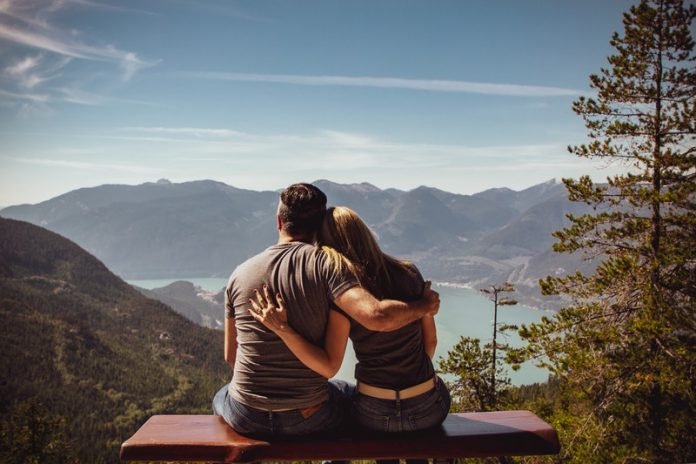
In a new study, researchers found that 26% of people visiting parks during the early months of the COVID-19 pandemic had rarely—or never—visited nature in the previous year.
The study is one of the first to explore how COVID-19 has changed Americans’ relationship with nature.
The research was conducted by a team at the University of Vermont.
In the study, researchers surveyed visitors to 25 parks and natural areas around greater Burlington, Vermont, an area of roughly 214,000 residents, or roughly a third of the state’s population.
The team surveyed a sample of over 400 people as the state’s health protocols—including social distancing, business, and school closures, and travel restrictions—were introduced.
As COVID-19 health protocols were introduced, nearly 70% of park users increased their visits to local nature.
An overwhelming number of respondents—81% – reported increased importance for these areas, and access to them.
Nearly 70% of first time or infrequent visitors said access to these places during COVID-19 was very important.
While 27% of people reported reducing their group size when visiting urban nature, another 11% of visitors increased their group size during COVID-19.
This aligns with 17% of respondents who reported that these natural areas allowed them safe spaces to socialize during COVID-19.
Park users’ most common reasons for visiting natural areas and parks were: getting outside, exercise, connecting to nature, finding peace and quiet, birding, dog walking, and time with children.
Researchers found that 66% of people used these natural areas to find peace and quiet, and 32% reported these places as spaces for contemplation, activities that have been shown to reduce stress.
According to researchers, the demand for urban green space is increasing at a time when many communities are seeing losses of urban natural areas or uncertain priority for them.
In many areas in the United States, access to urban green space is unequal and a function of income and race.
Given that COVID-19 has hit lower-income Americans the hardest, the lack of access to green space may compound the effects of COVID-19.
The team says natural areas and their budgets should be safeguarded and, if possible, enhanced to maintain and improve human wellbeing especially in times of crises, even during a declining economy.
One author of the study is Brendan Fisher.
The study is published in PLOS ONE.
Copyright © 2020 Knowridge Science Report. All rights reserved.



